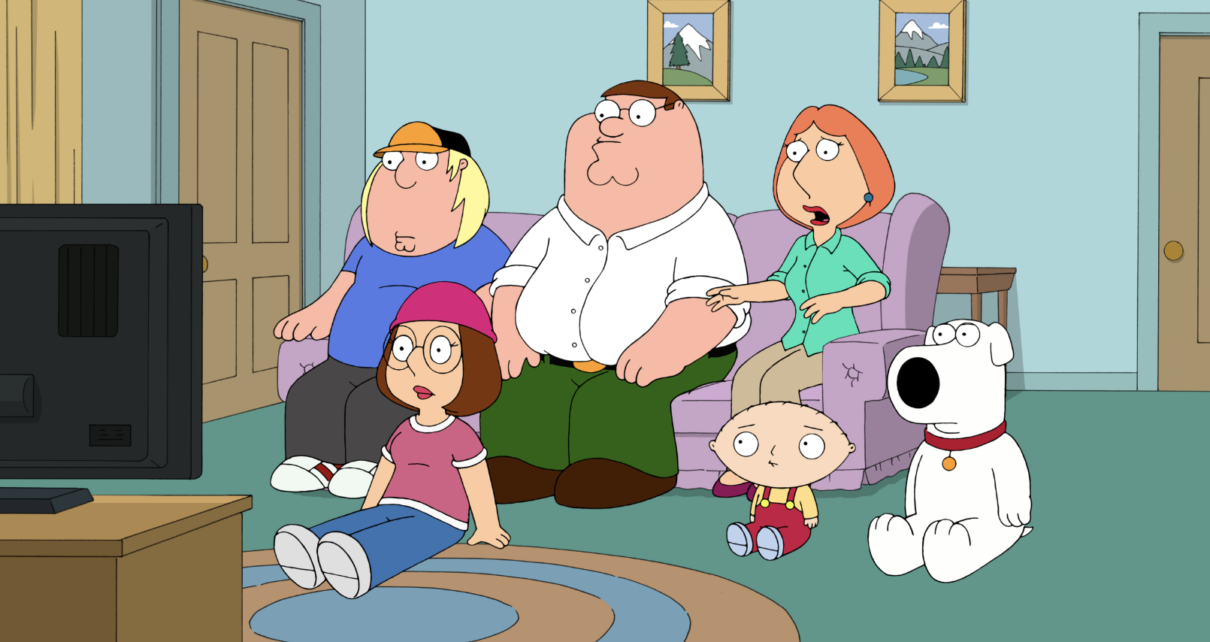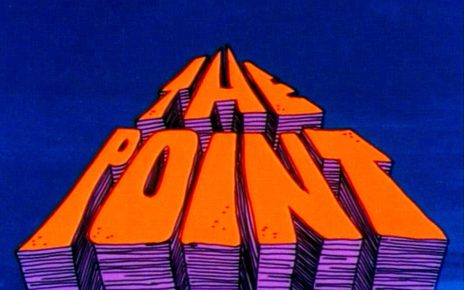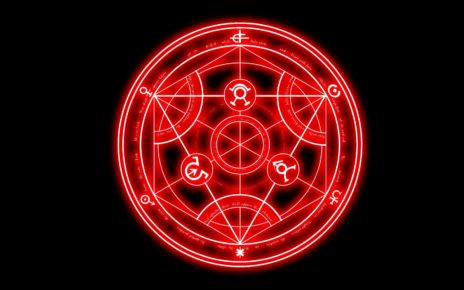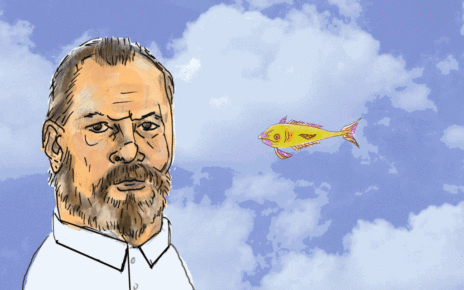As a kid, I watched a lot of Family Guy at my friends’ houses at sleepovers, endlessly quoting episodes to each other in school and working on our Quagmire impressions.
Two decades later, I honestly couldn’t tell you a single plot of an episode.
Granted, this is the way it’s been ever since the show’s start (20 years ago today!): The pilot episode barely has a plot structure. There are several loosely connected bits of plot: Peter gets fired, he gets welfare checks that are too much money without telling anyone, he gets drunk at work, and he ruins the Super Bowl.
That’s the entire first episode.
I don’t leap into conversations with Family Guy quotes the way I do with other shows, despite having watched it so much as a kid. Nothing digs deep, and nothing reveals anything interesting.
Criticizing Family Guy for being comprised almost entirely of cutaway gags in 2019 isn’t exactly a trenchant insight, but it’s startling upon rewatch just how stark that structure is. At the time, it felt exciting that a cartoon sitcom was finally cutting free the strictures of jobs, money, and even time and space. The show didn’t have to explain how Peter managed to find five jobs in the space of three days, let alone that one of them required him to somehow be a part of the extended Sound of Music Universe. Unlike The Simpsons, which often went to great pains to explain why Homer was able to not be at work for an extended period of time, Peter just…wasn’t at work. And it didn’t matter. The jokes weren’t tethered to 2003 — they could riff on whatever they wanted, and the whole family could be anywhere at any time, if the joke called for it.
But what may have felt freeing then feels lazy and unhinged now. What made The Simpsons so impressive was that they managed to get the jokes to fit, even within the characters’ worlds. Similarly, the jokes in 30 Rock come as fast and furious as in Family Guy, but the cutaway gags all served larger purposes in character arcs and world-building. Scott Adsit’s Pete Hornberger was an Olympic archery contestant because it’s hilarious, but also because it fuels the character and underlines the dreams he once had and how downtrodden he has become. It’s a gag that is revisited and continues to be funny. By contrast, Peter serving as a sneeze guard at a salad bar by literally standing with a revolver to police people sneezing may have elicited a snort of laughter in 1999, but it’s gone as quickly as it arrives—and it fares much worse in today’s political atmosphere.
In trying to be everything to all audiences, Family Guy became a series of loosely connected, unhinged quotes.
My fond Family Guy memories aren’t of the show itself, but rather, of watching the show with friends, and the time of which those disconnected scenes remind me. The show feels redundant now, in a world where an episode could be replicated with a Twitter moment of 15 or so amusing tweets tied together with the theme of “funny.”
Even the show’s “iconic” quotes that come to me are, really, just the ones that were hammered into my mind from the loop of the DVD menu. I don’t leap into conversations with Family Guy quotes the way I do with other shows, despite having watched it so much as a kid. Nothing digs deep, and nothing reveals anything interesting.
After 20 years—arguably, a feat for any animated show—Family Guy is largely forgettable. And in rewatching the show, it’s easy to see why. In trying to be everything to all audiences, Family Guy became a series of loosely connected, unhinged quotes. Maybe that’s all it ever was.
Thanks for reading The Dot and Line, where we talk about animation of all kinds. Don’t forget to for this article and follow us on Twitter and Facebook.





